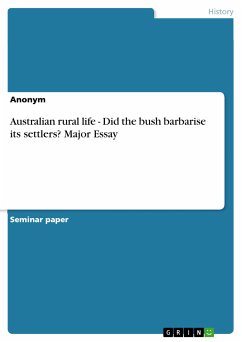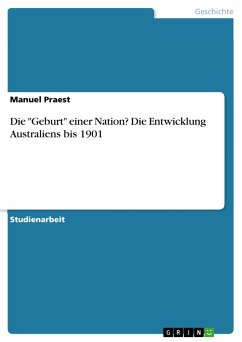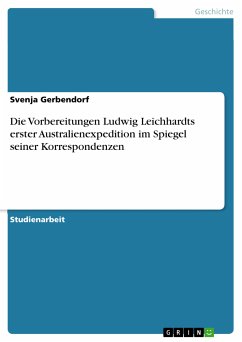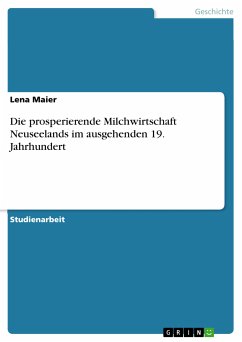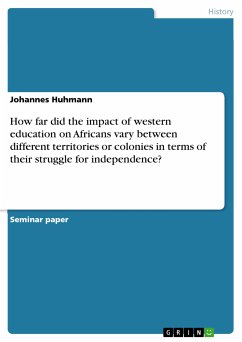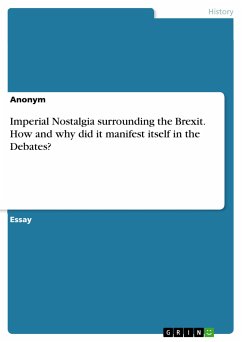Essay from the year 2010 in the subject History - Australia, Oceania, grade: 1.3, University of Newcastle, course: Foundations of Australian History, language: English, abstract: Since the early 1850s, when the first gold was found in Australia, several tens of thousands of migrants settled there and tried to solve their economic difficulties back home. A great number of them were Chinese, but they were not as welcomed as Europeans or Americans. Soon after their settlement, demonstrations and riots took place against them. Chinese diggers became casualties of violent acts and were hunted by the white colonists. But which perils and fears caused their presence? Why were they seen as such a threat to Australian colonies? This paper will look at four main reasons for this resistance against the Chinese. One of these were the experiences and forewarned stories of the Californian gold fields. Secondly, I am going to discuss the political fears concerning to a weakening by this mass of migrants. Another main reason for the Chinese to be seen as a threat, were economical factors and everyone’s desire to seize the gold as their own, which caused many potential conflicts. Lastly, there were many differences between the colonists’ cultures. Their language, way of work, religion and the uncertainty about each other significantly divided both parties.
Bitte wählen Sie Ihr Anliegen aus.
Rechnungen
Retourenschein anfordern
Bestellstatus
Storno



